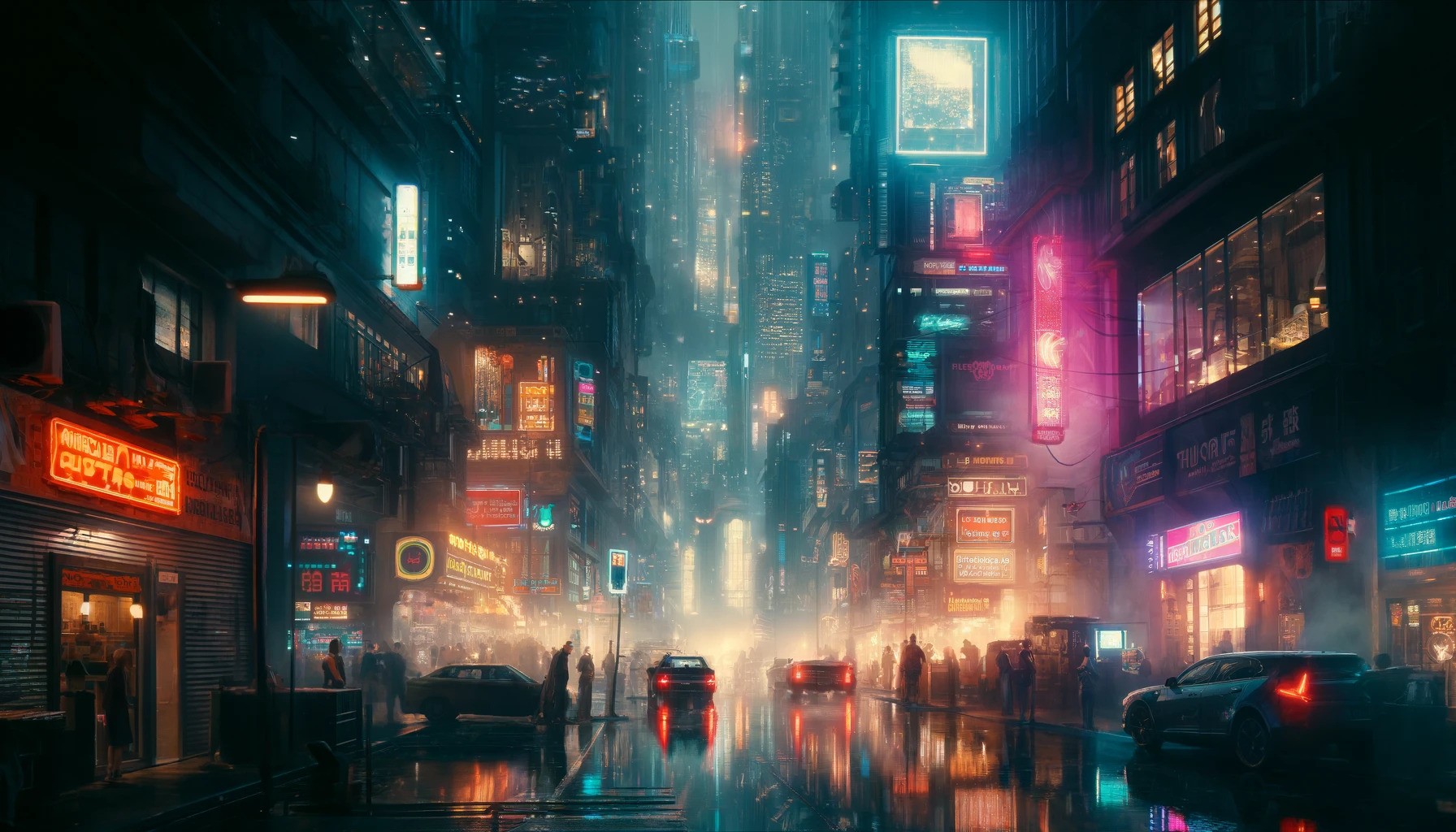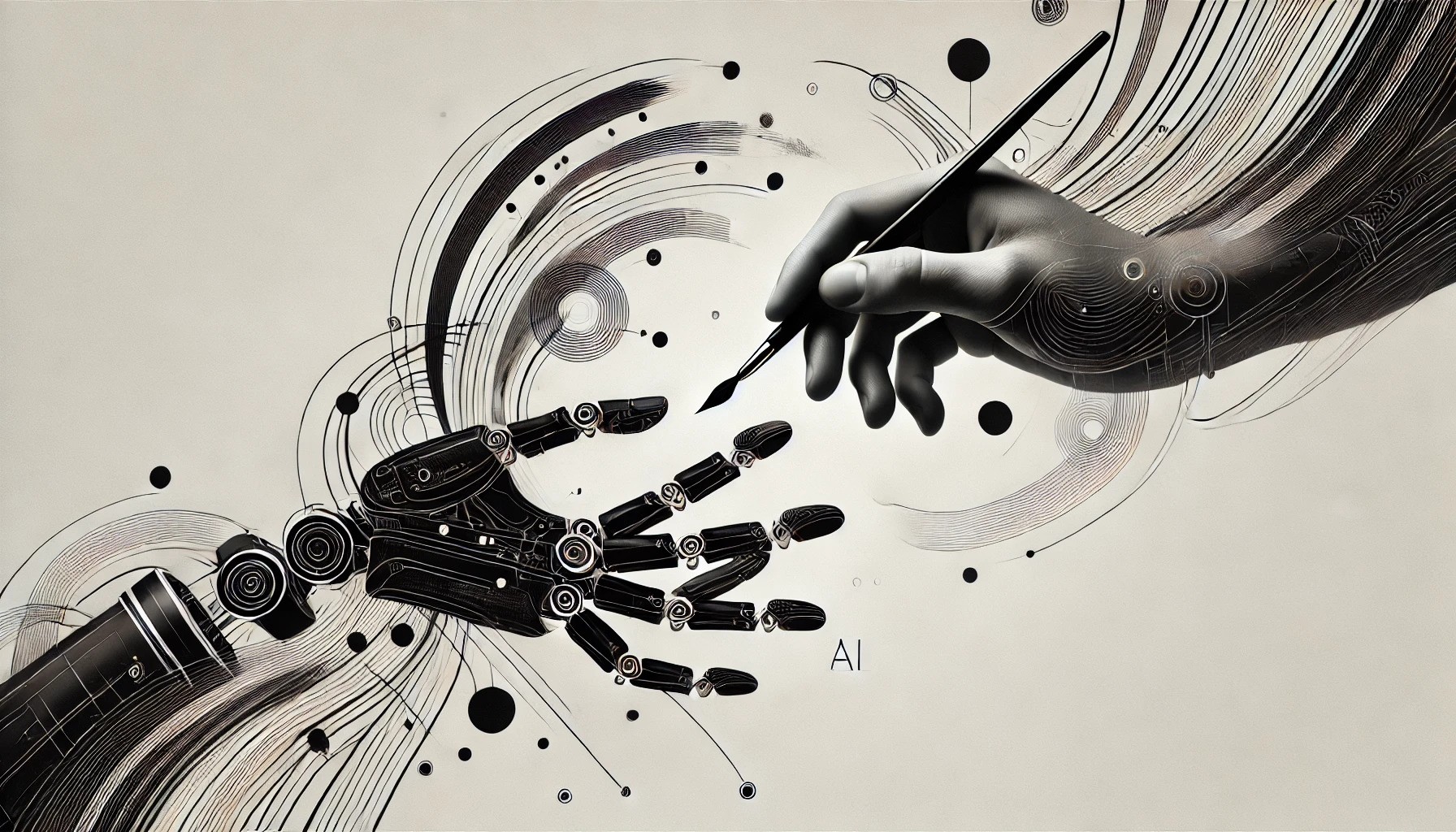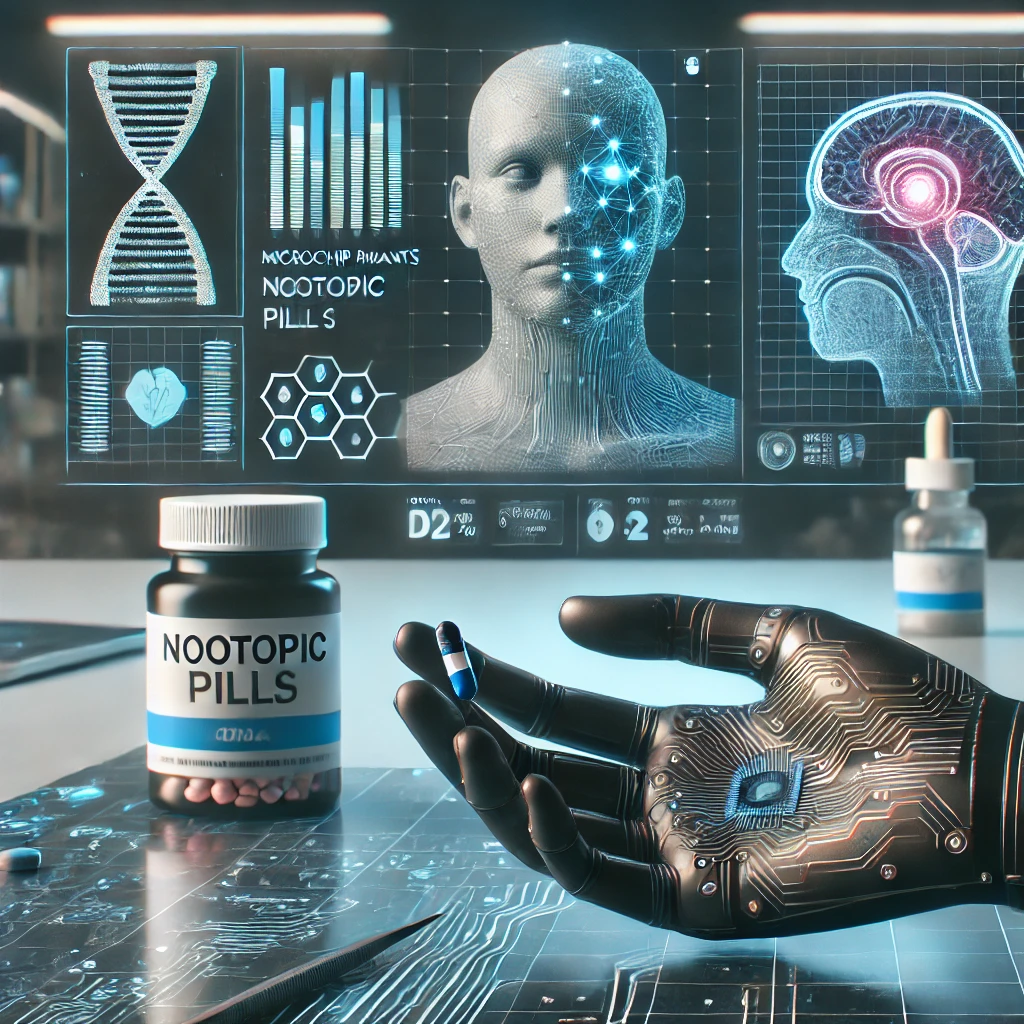Welcome to 2024, where the line between a sci-fi novel and the evening news has all but disappeared. You’ve seen the movies: neon lights, towering skyscrapers, and grungy streets filled with tech wizards wielding more gadgets than common sense. Now, open your window. That’s not a movie; that’s just Tuesday in a city like San Francisco.
Take San Francisco for example, once the crown jewel of the Bay Area, now serves as the poster child for a real-life cyberpunk dystopia. Here, the future and the past sleep in the same bed, and it’s as uncomfortable as it sounds. Imagine a city where tech billionaires zip past in their autonomous vehicles, dodging homeless encampments set against multimillion-dollar high rises. It’s like a Charles Dickens novel, but everyone has a smartphone.
The Corporate Giants Play Tetris with Skyscrapers
In this brave new world, corporations aren’t just influential; they’re practically deities. They grow larger with every acquisition and merger, their shiny towers over the cramped apartments below. Consider Amazon, whose market cap hovers around a staggering $1 trillion, allowing it to absorb competitors and innovate ruthlessly. Or Google, whose algorithms could probably predict what you had for breakfast. Their CEOs, the modern-age emperors like Elon Musk of Tesla, navigate the urban landscape in helicopters because, let’s be honest, Google Maps doesn’t cover the socio-economic divide.
As these corporations expand, they chew through resources like a kid in a candy store—except this candy store owns the government and your personal data. Amazon’s reach into personal homes through Alexa, Google’s omnipresent surveillance capabilities, and Tesla’s data collection from every vehicle turn personal spaces into data mines. Microsoft and Meta are in on this too, with Microsoft integrating itself into the very infrastructure of business and personal computing, and Meta reshaping human interaction on a digital scale with tons of your personal information. They promise innovation and progress, but the fine print includes unchecked power and a surveillance state that would make Orwell drop his coffee.
One aspect of cyberpunk is the corporations have so much power while the government has little or at least compared to it. In real life as these corporations grow, their influence begins to grow bigger than even the government. For example, when cities compete to host Amazon’s headquarters, they offer huge tax breaks, sometimes billions of dollars, just to be chosen. It’s like a giant game where only the corporations are the winners. Similarly, Google’s influence in regulatory processes and policy-making forums across the globe suggests it might as well have its own seat in government. These companies hold so much data and power, they can influence everything from market trends to election outcomes, blurring the lines between corporate might and governmental authority.
Income Inequality: The Trend Nobody Wanted
Income inequality is the trendiest line on the graph, and by trendy, we mean terrifying. In the heart of the tech world, billionaires and homeless camps compete for real estate records. The Bay Area, known for its tech giants and venture capitalists, also hosts some of the most glaring disparities in wealth you can imagine. Here, luxury condos overlook tent cities, and the latest iPhone release gets more attention than rising poverty rates.
It’s a place where high-tech meets low-life—a society where everyone has access to the latest gadgets, but not everyone can afford the rent. You can livestream your descent into bankruptcy, and if you’re lucky, it’ll go viral.
High Tech, Low Life: The Cyberpunk Mantra
The phrase “high tech, low life” encapsulates the essence of our urban dystopia. In a city bursting with tech innovations, many still struggle to meet basic needs. But hey, who needs healthcare when you’ve got a smartwatch that can call an ambulance you can’t afford?
San Francisco’s streets are a bizarre blend of cutting-edge and crumbling. You’ll see homeless individuals with laptops and smartphones—digital windows into worlds they can scarcely afford to touch. It’s like handing out free samples of cake outside a gym; it’s just cruel.
Even the homeless have cellphones. They may not have a place to stay, but they can still access the internet, which adds more to the idea of high tech, low life found in cyberpunk fiction which is now a sad reality.
Wrapping Up This Dystopian Tour
So, there you have it—our world, where cyberpunk isn’t just a genre; it’s a lifestyle. We live in a society where technology has leaped ahead of humanity, and the divide between the haves and have-nots widens with every software update.
But fear not! While we may not have flying cars or robot butlers, we do have the spirit to challenge the status quo. After all, every dystopian story has its rebels. And who knows? Maybe tomorrow’s heroes are today’s Twitter ranters. So, tweet on, brave netizens, tweet on.
Now, if you’ll excuse me, I need to check my app to see how many steps I took today. I’m aiming for ten thousand, but I’ll settle for not stepping on societal norms. Oh wait, too late for that!


